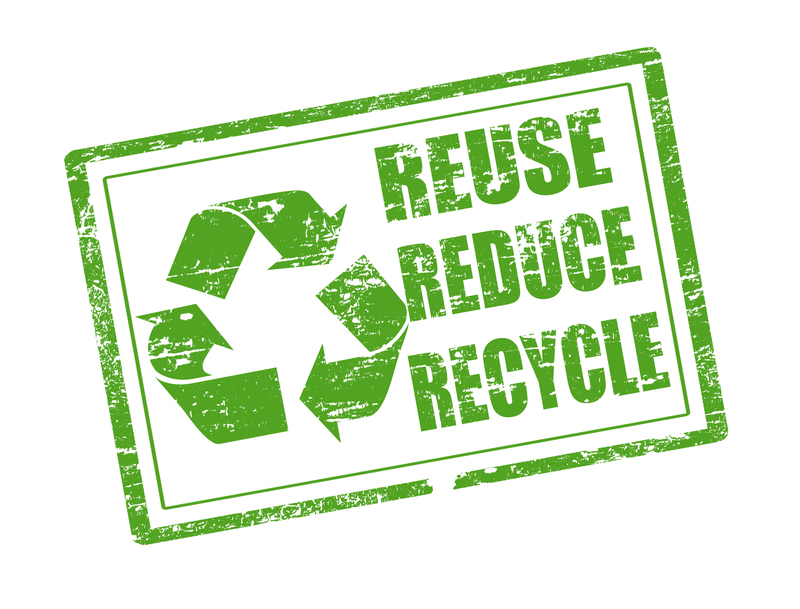Best Practices for Recycling Construction Waste
Posted on 22/07/2024
Recycling is one of the best ways to address environmental concerns related to construction and demolition. It also helps businesses realize financial savings by diverting waste streams from costly disposal methods. In addition, recycling reduces pollution and conserves resources, making it an attractive option for many businesses. There are several best practices that companies can follow when it comes to managing and recycling construction waste.
1. Perform Waste Audits
The first step in any successful recycling program is performing a comprehensive waste audit. This process involves examining all the various types of waste generated by the building or construction project to determine which ones can be recycled or reused. Waste audits can also involve investigating what materials and products are being used and identifying potential sources for diverted materials.

2. Identify Recyclable Materials
Once a company has identified which materials can be recycled, they should create a system for tracking them. This will not only help ensure that the materials are being recycled correctly, but also help the business to understand how much material can realistically be diverted from landfill sites each month. It's also important to note that while certain materials such as wood, metal, cardboard, paper and plastics can usually be recycled relatively easily, others may require special treatment in order to be accepted by a recycling facility.
3. Invest in Recycling Equipment
Recycling businesses typically rely on equipment such as balers, compactors, sorting machines and shredders to efficiently manage their waste streams. Investing in this type of processing equipment is essential for a successful recycling program as it allows businesses to quickly separate and package their recyclables for transport or sale. Furthermore, businesses should consider investing in an on-site compactor if they generate large volumes of non-recyclable material so that the waste doesn't clog up other parts of the facility or take up valuable storage space.

4. Utilize Local Resources
Local governments often provide support towards construction and demolition recycling programs so it's important for businesses to explore this option before they begin implementing their own initiatives. Not only does this help reduce the cost of implementing new technologies and equipment but it also provides access to resources such as local recycling facilities and knowledge about industry standards and regulations that may otherwise be difficult to find.
5. Educate Employees
Finally, educating employees about proper waste management is essential for any successful recycling program. This should include training sessions on how to sort through different types of waste streams as well as guidelines for proper storage and handling of recyclable items once they have been collected and processed at the facility. Additionally, engaging employees with incentives such as awards or competitions can be an effective way to promote participation in any recycling initiative.
By following these practices, companies can minimize their environmental impact while saving money on costly disposal methods for construction debris. Taking proactive steps towards establishing a sustainable construction site will not only benefit the environment but also help build a more profitable business long term.



